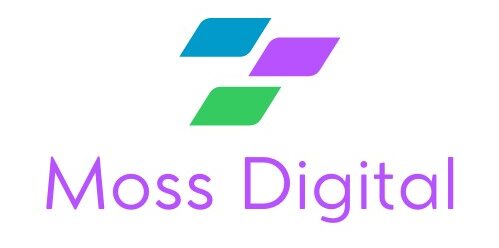In the ever-evolving digital landscape, website owners and businesses constantly seek effective strategies to drive more traffic to their online platforms. Two popular approaches in this endeavor are Search Engine Optimization (SEO) and Social Media Marketing (SMM). Both strategies have their strengths and weaknesses, and understanding their nuances can help website owners make informed decisions to increase their website traffic. This article aims to explore the benefits and limitations of SEO and social media, providing insights into how they can be effectively utilized to drive traffic to websites.
Understanding SEO
Search Engine Optimization (SEO) encompasses a range of techniques and practices aimed at improving a website’s visibility and ranking on search engine results pages (SERPs). By optimizing various elements on a website, such as keywords, meta tags, and backlinks, SEO aims to attract organic traffic from search engines like Google, Bing, and Yahoo.
Advantages of SEO
Long-term Results
One of the major advantages of SEO is its long-term effectiveness. By consistently applying SEO best practices, websites can gradually improve their rankings, resulting in sustained organic traffic over time.
Credibility and Trust
Ranking high on search engine results pages instills a sense of credibility and trust among users. Websites that appear at the top of search results are often perceived as more reliable and authoritative, leading to increased click-through rates and conversions.
Targeted Traffic
SEO allows website owners to target specific keywords and phrases relevant to their niche. This targeted approach ensures that the traffic generated is more likely to be interested in the website’s content, products, or services, increasing the chances of engagement and conversion.
Limitations of SEO
Time-Intensive
Achieving noticeable results through SEO often requires time and consistent effort. It may take months or even years to see significant improvements in search engine rankings, making it a long-term investment.
Algorithm Updates
Search engine algorithms frequently change, necessitating regular updates to SEO strategies. Keeping up with these changes can be challenging, requiring ongoing optimization and monitoring.
Understanding Social Media Marketing (SMM)
Social Media Marketing (SMM) refers to the use of social media platforms such as Facebook, Twitter, Instagram, and LinkedIn to promote a website and its content. SMM involves creating engaging posts, sharing content, running targeted ads, and fostering a community of followers.
Advantages of SMM
Immediate Results
One of the major advantages of social media marketing is its ability to deliver immediate results. By leveraging the vast user bases of social media platforms, websites can quickly reach a large audience and drive traffic to their platforms.
Enhanced Brand Awareness
Social media offers an ideal platform for building brand awareness. By engaging with users through compelling content, websites can increase their visibility, attract followers, and create a community of loyal users.
Viral Potential
Social media provides the opportunity for content to go viral, rapidly spreading across networks and reaching a vast audience. A viral post can generate significant traffic to a website, boosting its visibility and attracting new visitors.
Limitations of SMM
Constant Engagement Required
Social media marketing demands regular engagement and interaction with followers. Consistently creating and sharing high-quality content can be time-consuming, requiring dedicated resources.
Limited Control over Algorithms
Social media platforms constantly update their algorithms, which can affect the visibility of content. Changes in algorithms may reduce organic reach, necessitating the use of paid advertising to maintain consistent traffic levels.
Finding the Right Balance
Rather than pitting SEO against SMM, the key to increasing website traffic lies in finding the right balance between the two strategies. A comprehensive digital marketing approach that combines the strengths of both SEO and social media marketing can yield optimal results.
Keyword Research and Optimization
Utilize SEO techniques to identify relevant keywords and optimize website content accordingly. This will help improve organic rankings and attract targeted traffic from search engines.
Social Media Integration
Incorporate social media sharing buttons on your website to encourage visitors to share your content on their social platforms. This enhances visibility and attracts new visitors.
Content Promotion
Leverage social media platforms to promote your website’s content, driving traffic back to your site. Share compelling posts, engage with your audience, and actively participate in relevant communities to expand your reach.
Paid Advertising
Consider investing in paid advertising on social media platforms to increase brand visibility and drive targeted traffic. Combine paid advertising with SEO strategies to create a comprehensive marketing campaign.
Increasing website traffic requires a multifaceted approach that considers both SEO and social media marketing. While SEO provides long-term benefits and targeted traffic, social media marketing offers immediate results, enhanced brand awareness, and viral potential. By strategically utilizing the strengths of both strategies and finding the right balance, website owners can effectively drive traffic to their platforms, improving visibility, engagement, and conversions.






